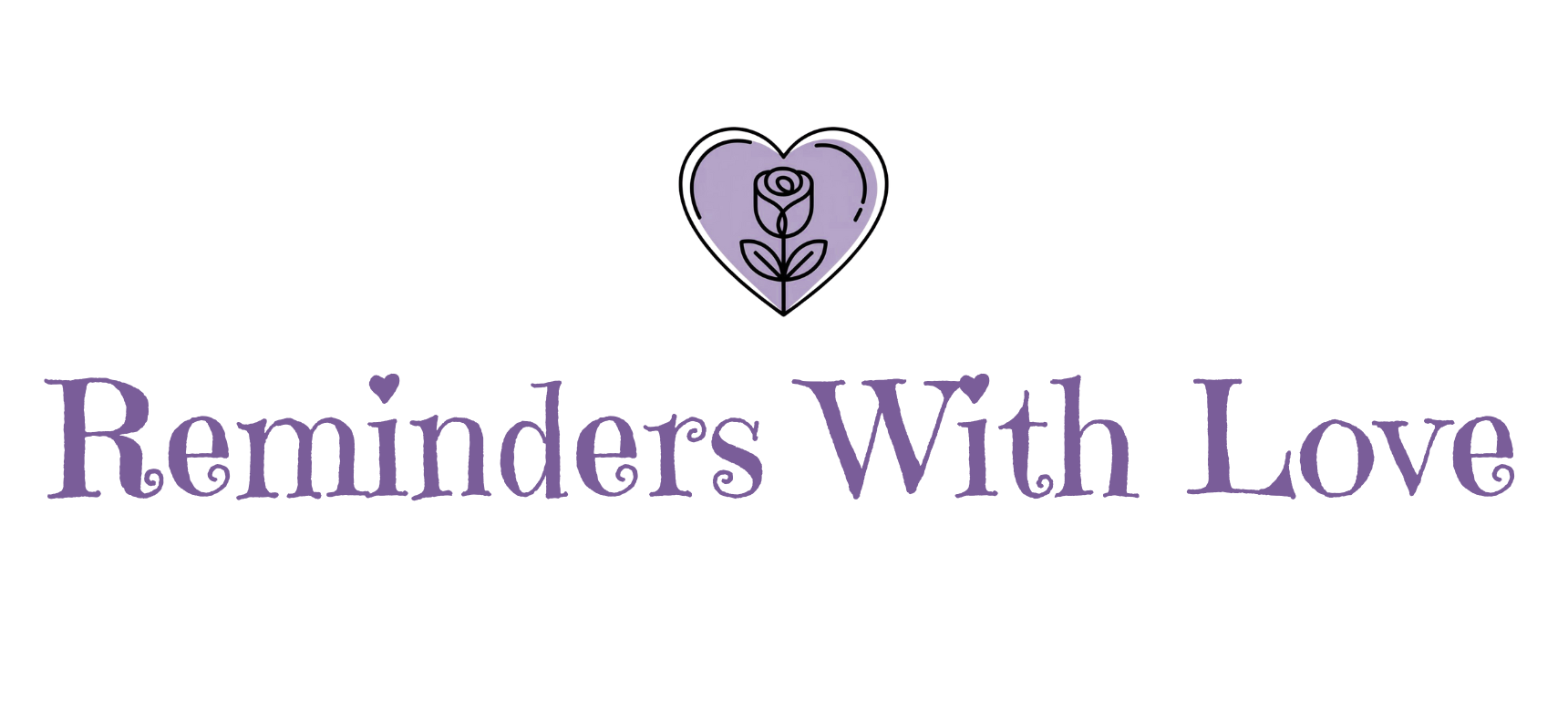101 Effective and Proven Self-Love Journal Prompts to Release Anger and Cultivate Inner Peace
Anger can be overwhelming, making us feel powerless or out of control. But what if you could take that anger and transform it into an opportunity for self-discovery and healing? Journaling is a powerful tool that can help you process emotions like anger, develop self-love, and create a healthier mindset.
In this guide, we’ll explore 101 self-love journal prompts for anger that are specifically designed to guide you through your emotions, help you understand their root causes, and lead you to a place of peace. These prompts are divided into categories, each focusing on a different aspect of managing and healing from anger. By working through them, you can gain clarity, embrace your emotions, and ultimately become stronger and more compassionate toward yourself.
What Are Journal Prompts for Anger?
Journal prompts are guided questions or statements that encourage deep reflection. When it comes to anger management, journaling helps you pinpoint the sources of your anger and lets you express it constructively. Instead of bottling up your emotions or lashing out, you can write them down and work through them in a safe and mindful way.
Self-Love Journal Prompts for Anger
To give structure and focus to your journaling journey, I’ve divided these 101 prompts into six categories. Each category addresses different aspects of self-love and anger management, from understanding triggers to finding forgiveness.
To know more about journaling, and how to effectively practice journaling, read our article The Ultimate Guide to Journaling: Your Path to Self-Discovery!
Understanding Your Triggers
Anger doesn’t appear out of nowhere; it’s often triggered by something specific. These prompts help you identify and understand what sets off your anger.
- What is the most recent situation that made me feel angry, and why?
- How does my body react when I’m angry?
- Who or what tends to trigger my anger the most, and what patterns do I notice?
- What unspoken expectations do I have of others that lead to frustration?
- Are there certain environments or situations that bring out my anger more often?
- How do I feel after an angry outburst?
- Is my anger justified in certain situations, or am I reacting out of habit?
- What deeper emotions am I avoiding by focusing on anger?
- What specific words or actions from others trigger my anger?
- How do past experiences influence my current reactions to anger?
Processing Emotions
Once you recognize your triggers, it’s important to process the emotions that follow. This category is about exploring the feelings associated with anger, such as hurt, frustration, or disappointment.
- How can I express my anger in a healthy, non-destructive way?
- What is the underlying hurt or fear behind my anger?
- How do I typically cope with anger, and is it effective?
- What role does stress play in my anger?
- How does my anger impact my relationships, and how can I repair any damage?
- What is one moment when I chose to stay calm instead of reacting with anger?
- What emotions do I feel most intensely after an argument?
- How do I handle situations where I feel disrespected or unappreciated?
- What happens when I suppress my anger?
- How do I feel after I’ve let go of anger, even for a short while?
Building Compassion and Self-Love
Anger can sometimes be directed inward, resulting in negative self-talk. These prompts are designed to cultivate compassion for yourself, leading to healing and self-love.
- What negative things do I tell myself when I’m angry, and how can I reframe them with kindness?
- How can I show myself more love and patience in moments of anger?
- What strengths do I have that help me cope with anger in a healthy way?
- When was the last time I forgave myself for feeling angry, and how did that feel?
- How can I respond to my anger with self-compassion, rather than criticism?
- What small, kind action can I take today to nurture myself emotionally?
- How can I acknowledge my anger without letting it define me?
- What are three positive affirmations I can use when I feel angry at myself?
- How can I practice self-love today, even if I’m feeling frustrated or angry?
- What makes me worthy of love, even when I make mistakes out of anger?
Forgiveness and Letting Go
Holding onto anger can weigh you down emotionally. This set of prompts focuses on the power of forgiveness, both for yourself and others, allowing you to release anger and move forward.
- Who am I still angry at, and how is this affecting my well-being?
- How would my life change if I chose to forgive this person?
- What would it look like to forgive myself for past mistakes?
- How can I begin to release anger toward someone who hurt me deeply?
- Is there someone I need to apologize to for my own angry actions?
- How does holding onto anger hurt me more than it helps?
- What would it feel like to truly let go of a long-standing grudge?
- How can I set boundaries with people who trigger my anger, while still practicing compassion?
- What small step can I take today toward forgiving someone who has wronged me?
- What does the Bible say about forgiveness, and how can I apply that to my situation?
“Be kind and compassionate to one another, forgiving each other, just as in Christ God forgave you.” — Ephesians 4:32
Finding Peace and Mindfulness
Anger often stems from being stuck in the past or worrying about the future. These prompts encourage mindfulness, helping you stay present and cultivate inner peace.
- How can I practice mindfulness during moments of anger?
- What calming activities can I incorporate into my daily routine to reduce anger?
- How does focusing on the present moment help me release past frustrations?
- What are three things I am grateful for, even in times of anger?
- How can deep breathing help me calm down when I feel anger rising?
- How do I feel after a meditation session or quiet reflection time?
- How can spending time in nature help me manage my emotions?
- What positive emotions do I experience after I’ve chosen to let go of anger?
- How does practicing gratitude shift my mindset away from anger?
- What are some healthy habits I can develop to manage my anger long-term?
Empowering Change
Anger can also be a catalyst for change. This final set of prompts will help you channel your emotions into positive actions and personal growth.
- How can I use my anger to make positive changes in my life?
- What is one thing I can do today to reduce stress and prevent future anger?
- How does setting personal goals help me focus on growth rather than frustration?
- What can I learn from my anger, and how can I apply those lessons moving forward?
- How can I turn an angry moment into an opportunity for self-improvement?
- What are some creative outlets I can explore to channel my anger in healthy ways?
- How can journaling help me track my progress in managing my emotions?
- What small actions can I take today to feel more in control of my emotions?
- How can I communicate my feelings more clearly to avoid misunderstandings that lead to anger?
- What boundaries do I need to set in my life to protect my emotional well-being?
Best Practices for Journaling About Anger
When you’re starting to journal about anger, it’s important to approach the practice with compassion and openness. Here are a few tips to get the most out of your journaling sessions:
- Be Honest – Don’t hold back when writing. This is your safe space to express exactly how you feel.
- Write Regularly – Set aside time each day or week to journal, even if it’s just for a few minutes. Consistency is key to growth.
- Revisit Your Entries – Reflect on past entries to see how you’ve grown and what patterns may still need attention.
- Be Kind to Yourself – Remember, it’s okay to feel anger. The goal is not to eliminate it but to understand it and respond to it in healthy ways.
Conclusion
Journaling is a transformative tool that allows you to work through your anger and embrace self-love in the process. These 101 journal prompts offer a guide for understanding your anger, forgiving yourself and others, and finding peace. By reflecting on these prompts, you’ll start to notice shifts in your mindset and emotional well-being.










